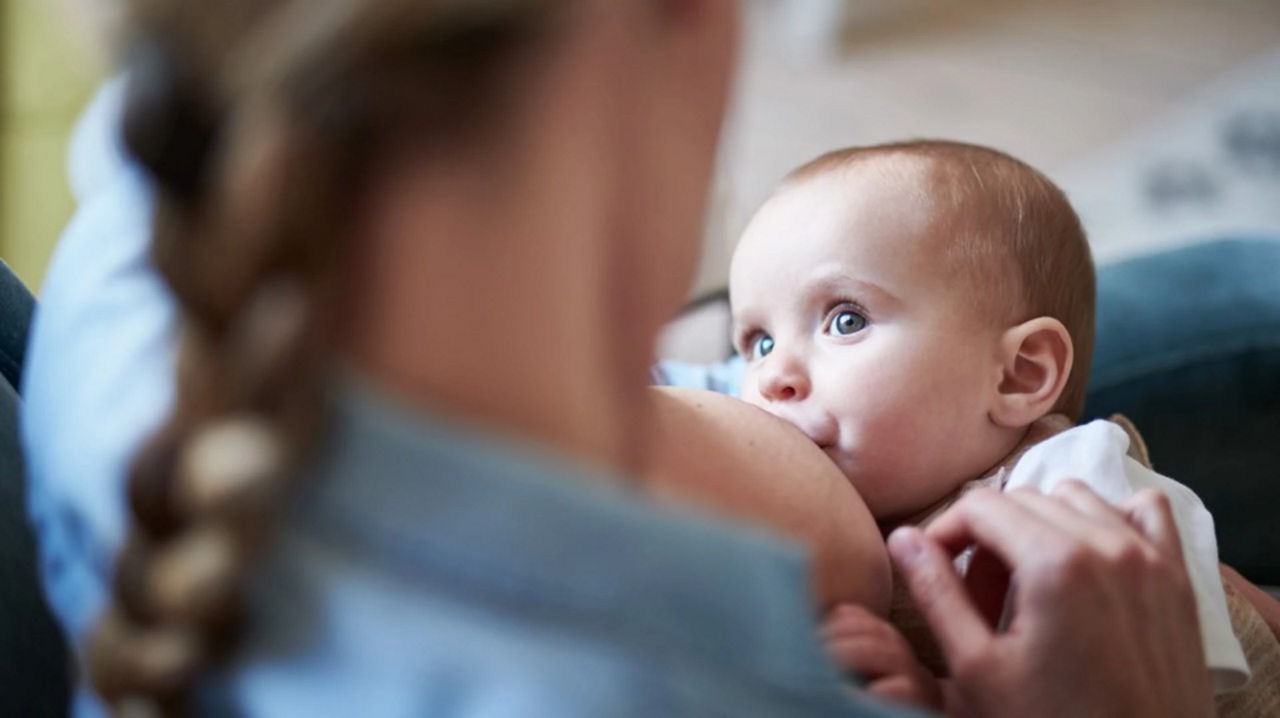Breastfeeding not only forms a special bond with your baby but ensures they get the right nutrition in the early years to give them the best start. Research into early life shows that breastfeeding your baby can have a huge impact on their health not only when they are little but in the future. Discover all you need to know from breastfeeding positioning to expressing and storing breast milk.
A Guide to Breastfeeding
Top reads for breastfeeding

Get in touch with our Careline experts
Our nutritionists and feeding advisors are always on hand to talk about feeding your baby. So if you have a question, just get in touch
Important notice
Breastfeeding is best for babies and provides many benefits. It is important that, in preparation for and during breastfeeding, you eat a varied, balanced diet. Combined breast and bottle feeding in the first weeks of life may reduce the supply of your own breastmilk, and reversing the decision not to breastfeed is difficult. Always consult your healthcare professional for advice about feeding your baby.






